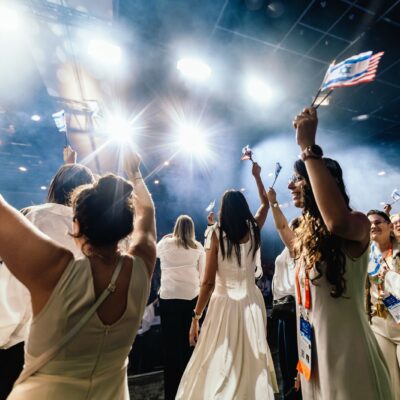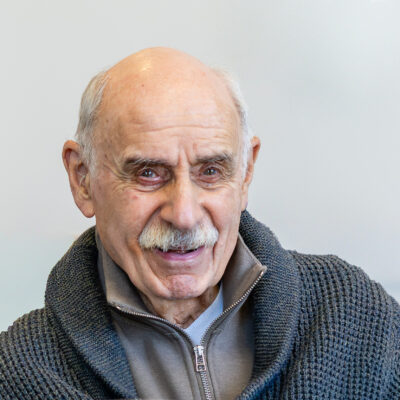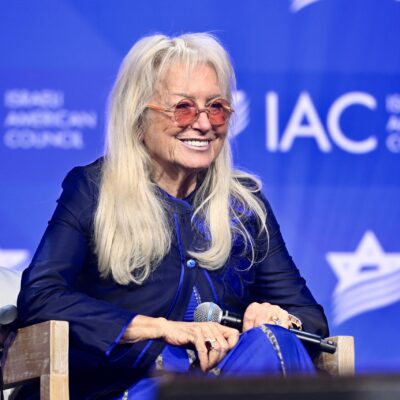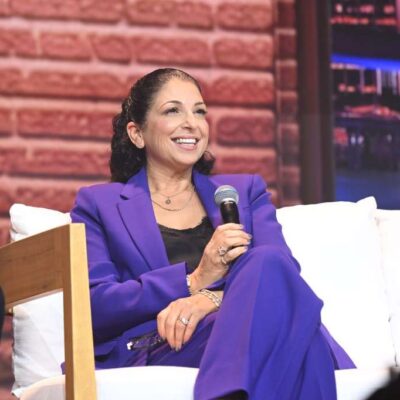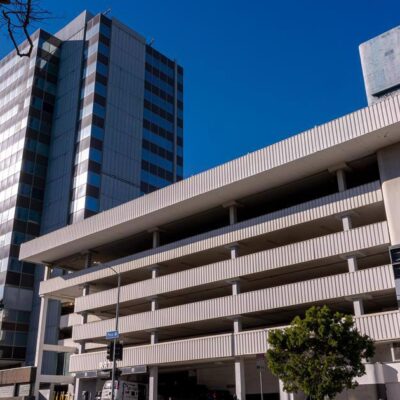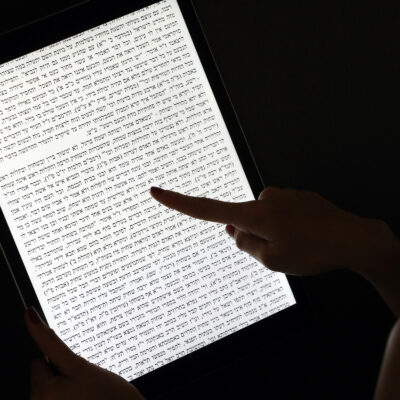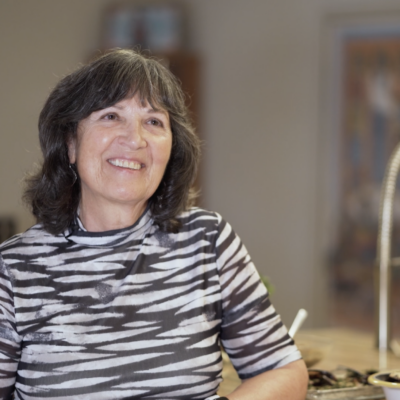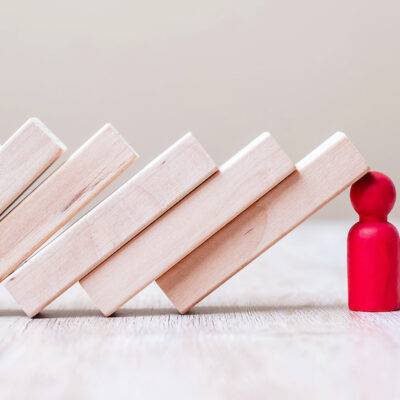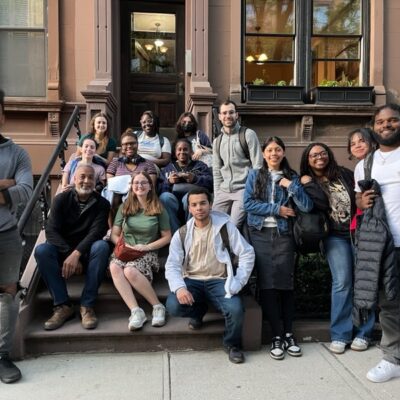Israel Festival in Jerusalem Celebrates Freedom of Expression, Multiculturalism

2019 shows will focus on personal identity, community in the complex city of Jerusalem
By Maayan Hoffman
eJewish Philanthropy
An infusion of identity exploration and multiculturalism is about to hit the holy city.
The 58th annual Israel Festival in Jerusalem starts May 30 and runs through June 15. This year, the shows center on individuals feeling alienated and alone in today’s complex world of social networks and technology, on community building, political identity and gender identity – if one can find some common themes.
The festival, according to its general director, Eyal Sher, has become “a sort of beacon of freedom of artistic expression.”
“The things we bring are very innovative and contemporary,” he told eJewish Philanthropy. “We try to bring things that are relevant in terms of subject matter and place things in the program that are thought-provoking and challenging artistically.”

But it is more than that.
Sher described a “narrowing of borders of freedom of expression” in Israel, which is taking place on multiple fronts: against the Supreme Court, on the media, in the education system and within the arts. As such, “the things you do with a free spirit inadvertently become rebellious, even when they are not set out to be that way.
“We have things to say and we want to say them,” he continued.
The Israel Festival program is funded by the State’s Ministry of Culture and Sports, the Jerusalem municipality and private donors. Some 40,000 people are touched by the festival, either through private or public performances.
Sher said the festival does not set out to provoke, but “be interesting, relevant and renewing.”
Among the highlights of this year’s program is a performance by South African artist Steven Cohen called, “Put Your Heart Under Your Feet and Walk!” The dance centers on a period in Cohen’s life when his male partner died, and he asked his 96-year-old surrogate grandmother how he could possibly go on after his life partner passed away. She told him: “put your heart under your feet … and walk!”
In the festival program, the performance is described as follows: “Like a fragile, queer butterfly, he stands alone amid an installation of hundreds of ballet shoes – including ones that belonged to his partner the dancer Elu, dozens of candlesticks, and a skirt made of record players. Behind him, a screen displays scenes that insist on finding the aesthetic in the visceral in the face of the unimaginable finality of death. In a chilling requiem to his partner of 20 years, Cohen performs a brave parting ceremony that celebrates art both as a path of coping with loss and as a resolute choice in a vital and passionate existence.”
Another performance, also by a South African, “And so you see… our honorable blue sky and ever enduring sun… can only be consumed slice by slice” (yes, that is its name) by Robyn Orlin tackles the issue of apartheid.
The show was created in 2014, South Africa’s 20th Freedom Anniversary.

Orlyn examines if the people of South Africa are truly free and whether the promised democratic values, especially gender equality, meet the hopes laid down in the constitution, according to the program, which also describes the performance as “mesmerizing” and “sensual.”
Sher and his partner, artistic director Itzik Giuli, have once again chosen to bring back performances that include nudity, despite a threat in 2017 by Culture Minister Miri Regev to pull funding from the Israel Festival if the annual event continued to invite such acts.
Sher said the public discourse around nudity was “quite misplaced” if not “ridiculous,” in that such performances are clearly labeled and at closed events for which one must purchase tickets.
This year, he said, so far there has been “quiet on the Western front,” though he wonders if elections, Yom Hashoah, Yom Hazikaron, Yom Haatzmaut, a mini war in Gaza and then Eurovision have simply detracted from a focus on the Israel Festival. With more than a week until the festival opens, he said that there is still time for some drama.
One area where he hopes there will be less commotion than last year is on the Boycott, Divestment and Sanctions (BDS) front. In 2018, Portuguese playwright Tiago Rodrigues canceled his scheduled appearance at the Israel Festival, posting on his social media channels that he was joining the call for a cultural boycott of the Jewish state.
Sher said such a move has only happened one other time since he took over the program four years ago and out of 100 shows. He explained that usually when the Israel Festival teams talks with artists and invites them, they have already processed the issue of coming to Israel and know if they want to or not.
“There is a political awareness from most groups that if they choose to come, they may be pressed by BDS,” he said. “But these artists we invite are independent artists, people who are strong willed and don’t like anyone telling them what to do.”
He said that if a discussion around BDS does arise, he and his team try to use it as an opportunity to do hasbara and talk about the Palestinian-Israeli conflict with more nuance that the artists might otherwise see in the media.
In the end, for those artists who do come, Sher said they are given a glimpse of one of Israel’s most complex and diverse cities. And these artists offer residents an outlet, too.
“A city like Jerusalem is so colorful, so great,” Sher said, “but at the same time, there is always an undercurrent of pressures. There are religious conflicts, political conflicts, cultural conflicts that are tearing us apart all the time. It always feels like something is going to erupt.
“We believe in the power of art,” he continued. “Art brings joy to the human journey…. The shows, in some sense, celebrate diversity, as opposed to looking at this diversity as a minus.”

 Add EJP on Google
Add EJP on Google